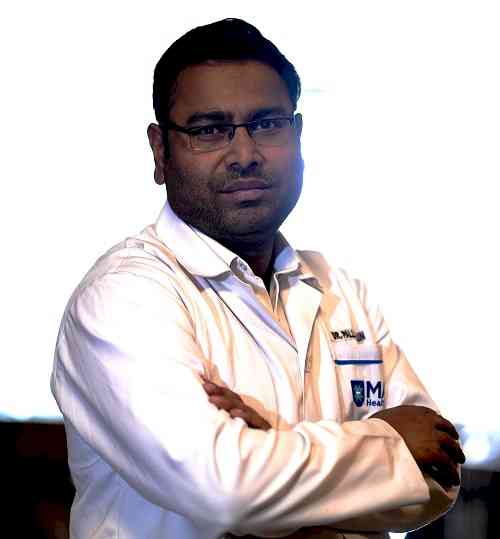Technology made economic transactions accessible
Technology has really made the transaction and management of money quite easier and faster these days. Now the system of payment without cash, without internet and without mobile also seems to be possible.

Technology has really made the transaction and management of money quite easier and faster these days. Now the system of payment without cash, without internet and without mobile also seems to be possible. The Reserve Bank of India (RBI) is soon going to make such a system, through which it will be possible to pay up to Rs 200 even without internet and without cash anywhere in the country. For this, rules and regulations are being formed. The RBI says that such transactions can be done only face-to-face at those places also where even mobile connectivity is not available. That is, it will be possible to make this payment only in the presence of the giver and the taker. It can be called offline digital payment. It will neither require internet, nor mobile phone connectivity. It will be a step ahead of Paytm-like convenience. In India till 2014 the dependence on ATMs was very high. If you had to buy anything, you were required to withdraw cash first from a nearby ATM. Due to the accessibility of the Internet, gradually the trend of mobile banking started increasing. Post-demonetisation, ATM usage declined at an annual rate of 10 per cent since 2017. In place of cash transactions, the trend of payment through mobile wallet started.
According to the Reserve Bank of India data, the trend of mobile banking picked up due to the lockdown in 2020 and by March 2021, the share of mobile banking in total transactions with bank accounts increased to 65.8 per cent. ATM usage declined to 15.9 per cent and mobile wallets moved to the third position with 10.4 per cent. ATM card swap payments reduced to less than 8 per cent. According to a study, the rate of instant payments increased by 41 per cent in the year 2020 during the pandemic. In the country, about 26 billion rupees were paid through real time payment methods. There is no longer a need for a massive survey for statistics. It is through digital means that all the data is available instantly, with the help of which governments and banks can conveniently do the planning without any wait or further expenditure. Late receipt of data means delay in altering plans or avoiding losses. The problem is solved by digital payments and excessive use of technology.
Credit card usage has also increased, but it is important to use it wisely. This is a kind of instant loan, which can be used for immediate purchase. Interest is exempted for 30 to 45 days on this, but this facility is not available on cash withdrawal. If there is an emergency and you have to withdraw money through credit card, then it should be paid as soon as possible. Remember that the credit card issuing bank starts deducting interest from the very next day on cash withdrawal. The interest is also very high, up to 50 percent per annum, that too compounded. With the increase in online transactions, cyber crimes are increasing. To avoid this, the police have given some measures and precautions, such as one should not click on the link received from an unknown source. Nor should any QR code received in this way be scanned.
(The writer is a senior journalist and columnist)


 Narvijay Yadav
Narvijay Yadav 






